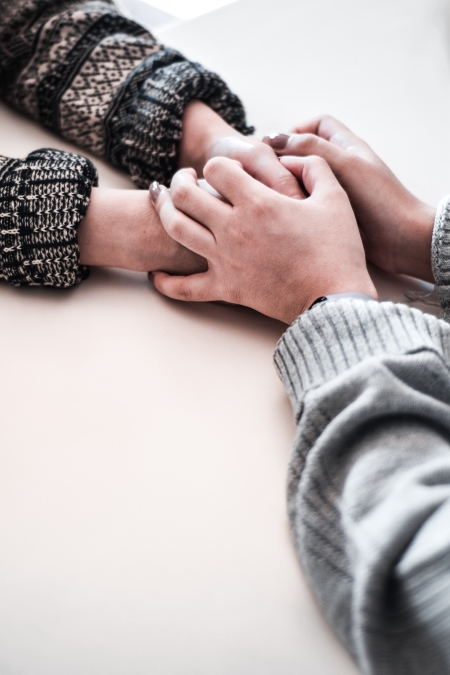
Zero tolerance for Female Genital Mutilation
Women and girls in the UK are still at risk of FGM today but thanks to protection orders, training and awareness raising more and more are being safeguarded from the crimes and abuses of FGM.
Female genital mutilation (FGM) involves any procedure that removes part or all the external female genitalia, or any that involves injury to the female genital organs for non-medical reasons. The practice can be carried out anytime from birth and right up until a woman is married. Victims are forced to undergo the illegal procedures against their will. It is incredibly painful, and victims face a multitude of serious health and long term physical and psychological complications.
FGM is internationally recognised as a violation of human rights. More than 200 million women and girls worldwide have undergone the brutal gender-based violence, and even in the UK there are still women and girls at risk.
There are currently 24 FGM protection orders in place in South Yorkshire to safeguard women and girls who are at risk of FGM. Protection orders are granted by the courts and place restrictions on travel and contact with people who have been identified as a threat. Thanks to these protection orders, partnership working between police, health, local authorities and education settings, the training of professionals, and awareness raising, more and more women and girls are protected from the crimes and abuse of FGM.
Speaking on the International Day of Zero Tolerance for FGM, Suzanne Jackson, the South Yorkshire Police lead for honour-based abuse, forced marriage and female genital mutilation, said: “Every woman and girl has the right to live their life free from abuse. FGM is unacceptable, there is never any excuse, but it is still taking place today. It is a heinous crime and individuals who choose to commit these evil and barbaric acts will experience the full force of the law.
“South Yorkshire Police will continue to raise awareness, support victims, hold perpetrators to account, and build on our strong partnership working with specialist charities and colleagues in health, social care and education to eradicate FGM.
“The crime can be historic or recent, but the suffering endured is lifelong and no one should have to live with the consequences of a mutilation that did not need to happen. The word mutilation illustrates the sickening nature of this act, committed by family and community members – the very people who should provide love, support and protection. It is a complete betrayal.”
Cathy Winfield, NHS South Yorkshire Chief Nursing Officer said, “The NHS is often the first service to identify and support survivors of FGM through primary care and and women’s health services and we continue to work closely with South Yorkshire Police to ensure women and girls are protected from the abuse of FGM. If you are worried that you or someone you know may be at risk of FGM contact the police on 101 or in an emergency call 999.”
Support and signposting
If you are worried that you or someone you know may be at risk of FGM, or you have any information regarding perpetrators of FGM, please contact us online or via 101. In an emergency, please always call 999.
If you don’t feel able to in one of these ways, you can also share information anonymously via Crimestoppers on 0800 555 111 or access support and information via:
- Karma Nirvana – 0800 5999 247
- Ashiana – 0114 255 5740
- Childline – 0800 1111
- NSPCC FGM Helpline - 0800 028 3550 or email fgmhelp@nspcc.org.uk
- NHS
- The Five Foundation